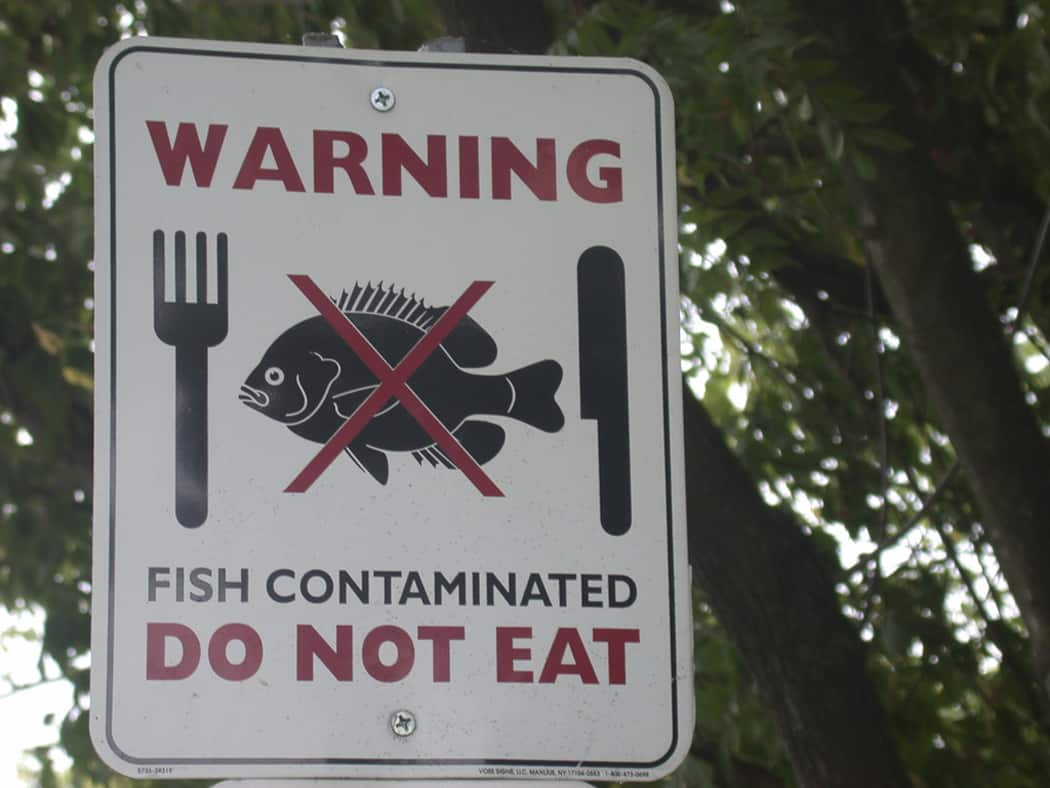A while back a posted a recipe for some shrimp that I had been given fresh from the coast.
I was SUPER happy to get these, because I typically don't buy seafood from the grocery store... sure, the conventional stuff isn't TOO expensive. But the fresh caught, NOT FARMED quality? Way too pricey.
So, what is the big deal about buying wild seafood anyways? How is it different than farmed? This post is all about why you should be concerned where your fish, shrimp, and other sea creatures are coming from before placing them on your plate!

Environmental Impact...
When sea creatures are farmed, they are usually held in large tanks and forced into close environments. These "farming" methods usually have a large toll on the environment. One of the biggest threats of farmed salmon, for example, is the risk of an infestation of sea lice. Sea lice is common among raised fish, and can easily spread into the surrounding water and effect the wild creatures.
Not to mention, farming fish poses as a huge threat to the surrounding food chains and wild life. Building the farming areas destroys natural habitats, and the toxins used leaks into surrounding waters. Training fish to live in these conditions, and deliberately breeding them, also greatly reduces biodiversity which is essential for the survival of any species.

Nutritional Inequality...
Farmed creatures have been shown to be much more fatty than wild. This is no surprise, as they are in a contained space and do not have the opportunity to swim freely. This being said, they are usually much higher in the pro-inflammatory Omega 6's. They lack the healthy Omega 3's found in wild caught salmon and other fish. Overall, the nutritional quality is much lower than their free roaming counter partners.

Exposure To Toxins...
Wild caught fish get their color naturally from the food they eat and their environment. When they are farmed, however, many artificial dyes are used to mimic this coloring. They are also exposed to disinfectants and pesticides (to try and avoid sea lice), and are usually found to have higher contents of metals in their bodies due to the painting of their containers.

Economic Toll...
Quoted from www.farmedanddangerous.org,
"Whereas the dollar value difference between wild salmon marine industries and aquaculture is not highly significant, wild salmon industry jobs far outweigh the few jobs provided by the aquaculture industry.
Open net-cage salmon farming is jeopardizing the province’s sports fishery, commercial fishery, fish processing sector, and marine tourism – all of which contribute more economically than aquaculture."
Overall, there really is no question whether or not to purchase farm raised seafood. Your answer should always be NO!! I understand they usually are cheaper and can be bought in bulk... but those dollars you are saving are actually costing you a lot in the sense of personal-and environmental- health.
Your best bet is to save having store bought sea food for special occasions, and buying quality produce. When purchasing from the store, always ask the butcher where the fish or shrimp is from, or look for a statement on the packaging that states it is WILD CAUGHT. :)

Picture from www.thatorganicgirl.com
What are your thoughts on farmed raised sea food?
Natalie
"


No comments:
Post a Comment